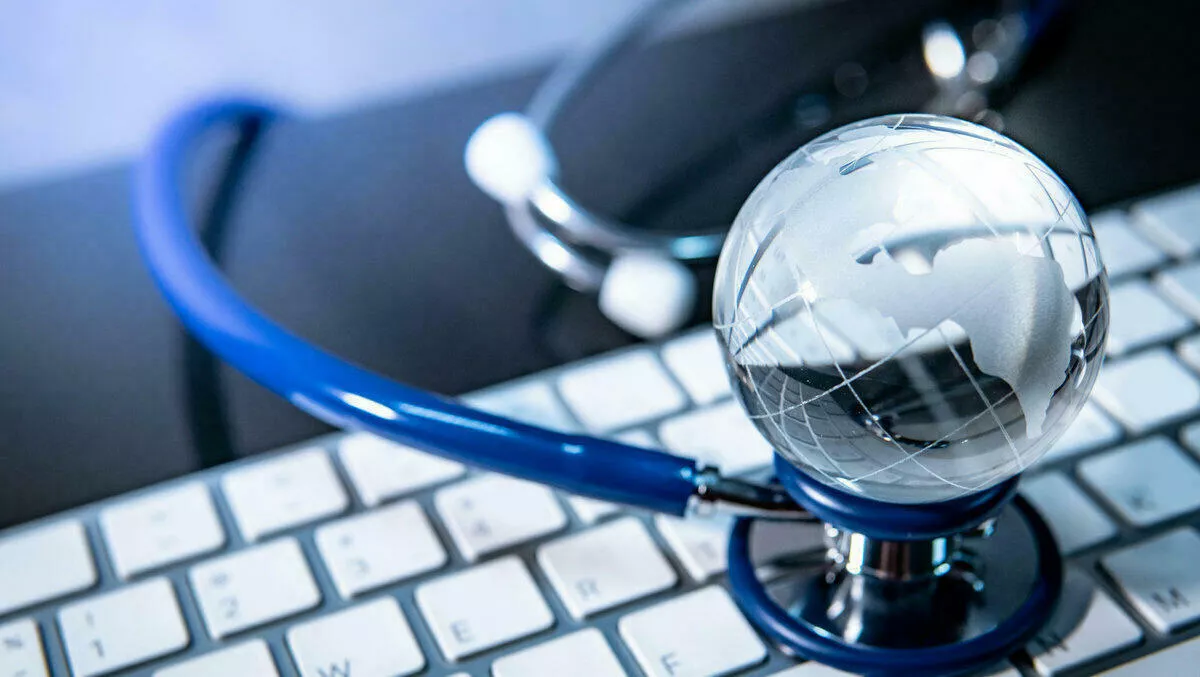
Connected medical devices to drive cybersecurity market
The market for cybersecurity solutions will experience a marked increase in value over the next two years, due in part to a need for connected medical devices to have better security.
According to analyst firm GlobalData, the global cybersecurity market will be worth US$143 billion in 2021, up from $114 billion in 2017.
Recently the United States Food and Drug Administration (FDA) released a bulletin about 11 security vulnerabilities that could leave connected medical devices open to exploitation by remote attackers.
GlobalData explains that the URGENT/11 vulnerabilities allow attackers to remotely take over internet-connected devices, bypassing perimeter security measures such as firewalls. As a result, the vulnerabilities can be used to propagate malware within networks and between different connected devices.
"Using these weaknesses, a remote user could take control of a medical device and change its function, cause information leaks, or shut down the machine entirely. An attacker could hijack a patient monitor in a hospital and record patient data or even fake an emergency such as cardiac flat-line.
According to GlobalData senior immunology analyst Rose Joachim, the 'URGENT/11' vulnerabilities illustrate that there are extreme vulnerabilities, even if the FDA says there have not yet been any reported attacks.
"Although this new level of connectivity is transforming patient care, close attention must be given to the design of these devices and the software on which they run. With the increasing usage of big data in monitoring patient health, medical devices are steadily becoming more connected to the internet, demonstrating the growing importance of cybersecurity solutions in the healthcare industry.
The URGENT/11 vulnerabilities were discovered by a cybersecurity firm called Armis, which specialises in security for connected devices and the internet of things.
GlobalData explains that the weak code was identified in IPnet, which is a third-party software component that helps support network communications between computers. The IPnet software is currently owned by Wind River and used in the company's real time operating system (RTOS), VxWorks.
RTOSs are built to process data in real time with high reliability and accuracy—a function crucial to many devices used in the healthcare sector, such as patient monitors and infusion pumps," explains Joachim.
"Luckily, it appears the URGENT/11 vulnerabilities were identified before any great harm could be done," she continues.
"Many parties have already begun to identify risks and implement remedial solutions such as software patches. However, it cannot be ignored that these large-scale software issues are occurring more and more frequently, highlighting the vital importance of cybersecurity products and services in protecting the more connected healthcare systems of the future.

